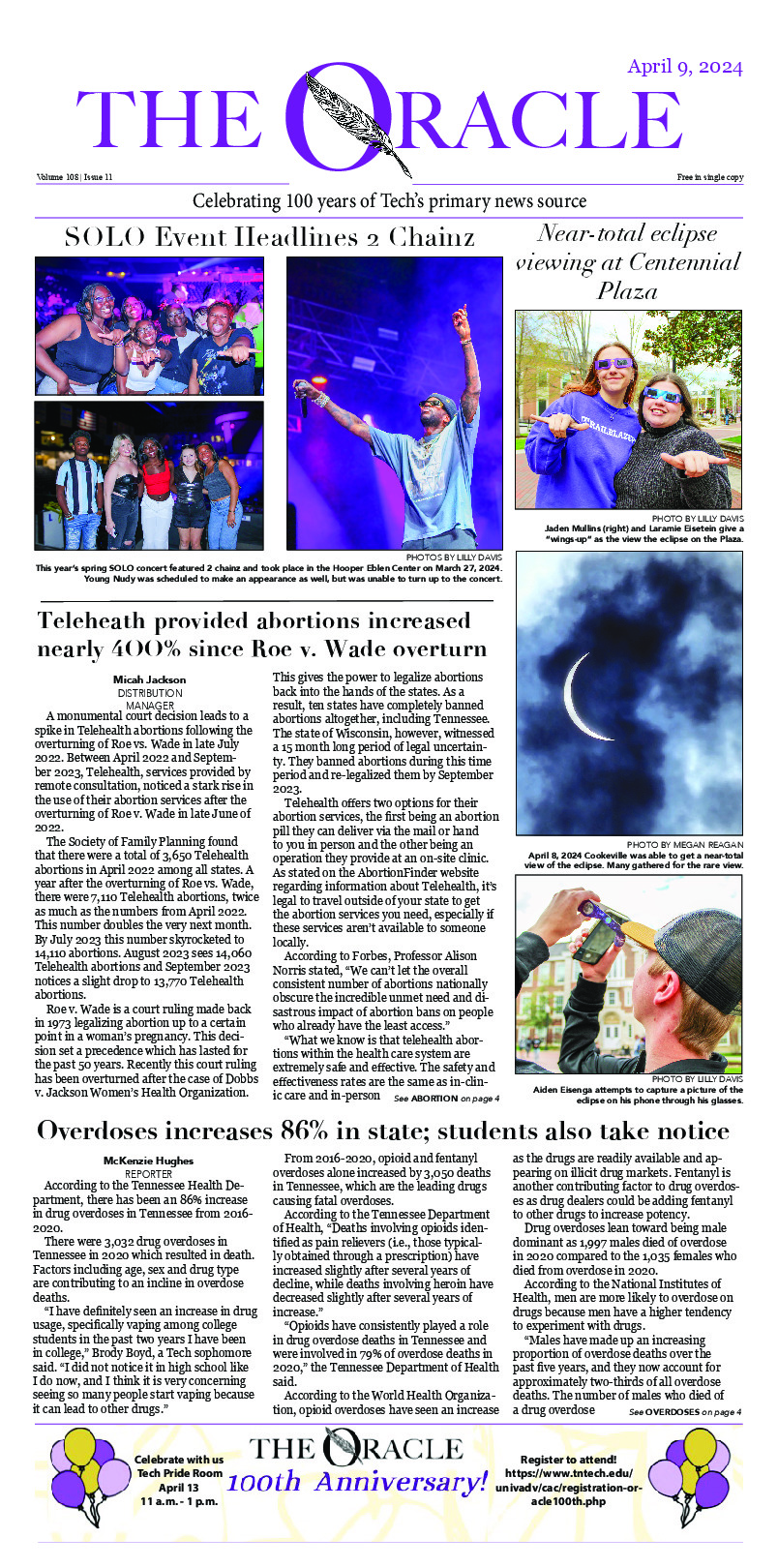
HEAD TO HEAD – Rapping artists Meek Mill and Drake continue to feud over their collaborated song, R.I.C.O. Mill accuses Drake of not having written his portion of the lyrics.
Ever since Drake dropped his Grammy–nominated diss track “Back to Back,” which was aimed at Meek Mill, the world has been lost wondering if their favorite artists ever write their own songs. The sad truth behind this is that no they don’t, at least not alone. Collaboration is a common theme throughout life. Think about it, in classes we have group work, and even if not, we still prefer to work in groups. Something about having our peers around us makes us focus more and brings the best out of us. The same applies in the workplace. Everywhere you look you’ll find humans just love interaction.
In the rap community fans love to believe their favorite artists make their songs all by themselves. However, when you look at the credits for artists from Kanye West to J. Cole, all of them have help on some of their songs. In the music community as a whole, co-writing is not nearly as bad of a look. Taylor Swift, who recently just won album of the year at the 2016 Grammys, has cowriter’s all over her albums and is still looked at with great prestige. Rap fans are nowhere near as understanding.
Drake’s sales haven’t fallen since the world found out about his ghostwriter, but the majority of people were on his side during the beef. Co-writing can still be crippling for upcoming as well as established artists. Co-writing gives the main artist access to different pools of inspiration and creative input. This, in result, gives the listener the best product the main artist has to offer. If artists had to construct their visions with only the tools they brought to the table, their work would eventually reach its peak. Artists like Kanye say they use co-writing to create the best music they can, and when you get to the level of trying to win a Grammy, you have to collaborate.
In the song writing community, and in literature in general, writer’s block is a major problem. Writer’s block can push back the completion of pending projects. This costs the label or artist more money because they have to spend more on additional recording and postponing promotion. Artist collaborations can help prevent that. Record labels equip their talent with groups of songwriters to keep productivity in studio session at a high.
Recently, R&B/Pop artist Rihanna had to delay the release of her eighth studio album because she switched creative directions for the album. She called upon new artists like Travis Scott to help on her project ‘ANTI.’ This, however, is where co-writing can become a bad thing. Travis Scott’s influence on Rihanna’s album is prevalent and easy to notice. Some songs sound like she is the girl version of Travis; her auto tune sounds just like his because similar melodies and beats are used. This is an extreme example, like Drake, where collaboration becomes way too one-sided in rap. This upsets some fans because the roots of rap music are based on being an independent lyricist. It’s not bad to collaborate on other aspects of the songs, but fans really like knowing lyrics that inspire us actually come from who we look up to.


